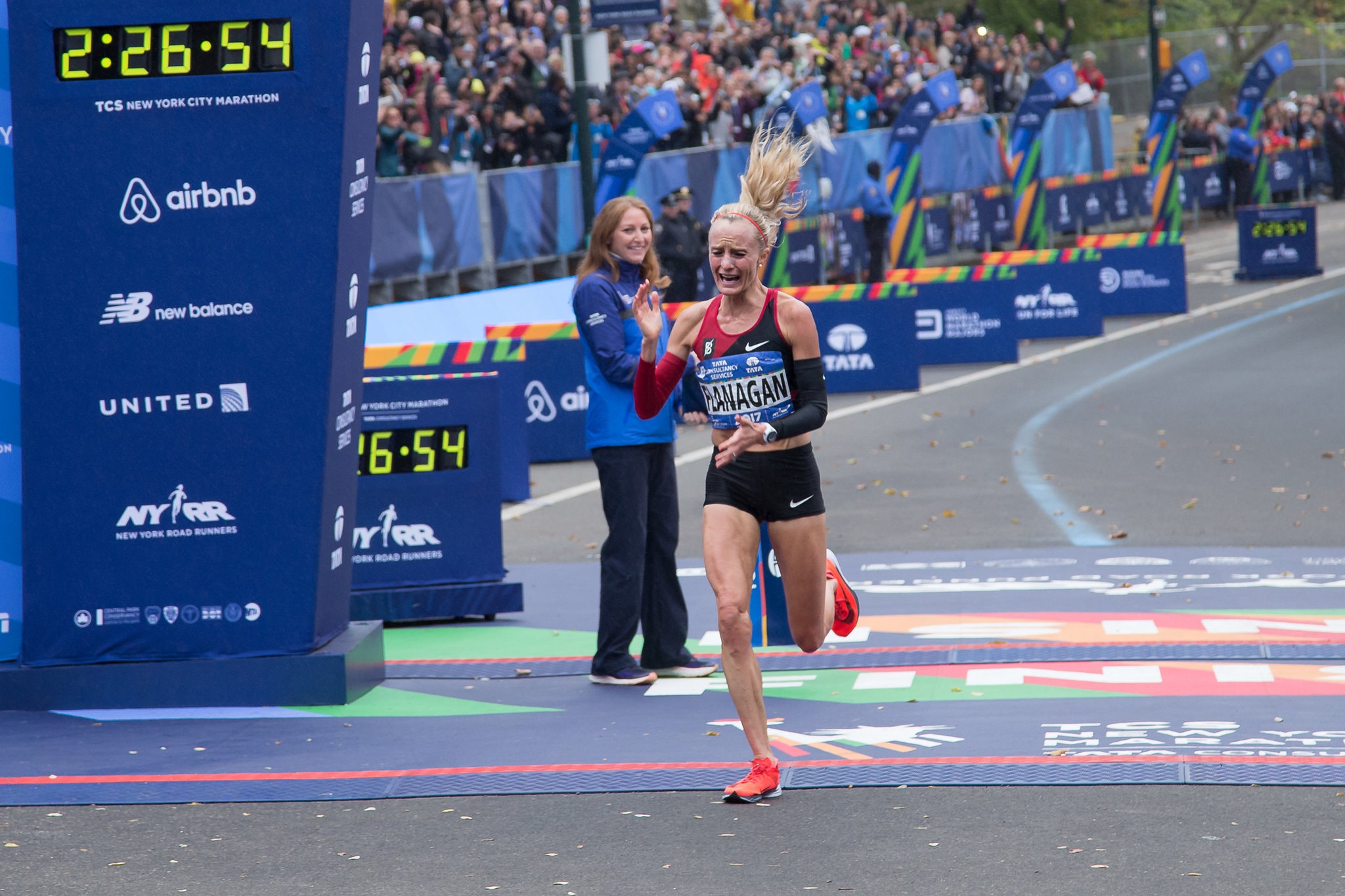What We Can Learn From Endurance Athletes About Getting Through This Pandemic
What We Can Learn From Endurance Athletes About Getting Through This Pandemic

Long-distance runners, cyclists and triathletes can teach us about how to move through extended periods of discomfort.
By now it should be clear that getting through this pandemic will be a marathon, not a sprint. But unlike marathon runners and other endurance athletes, we did not sign up to participate in this prolonged and grueling event.Yet there is still much we can learn from long-distance runners, cyclists and triathletes about how to move through these extended periods of discomfort. Here are four principles, all supported by science and practice, that guide successful endurance athletes. They can help guide us too.
Patience
The first rule of running a long-distance race is to acknowledge that the race will in fact be long — and hard. If you envision a race that is over quickly and without pain, you are setting yourself up for unnecessary frustration. This is true off the pavement, too.
In 2006, epidemiologists from the University of Southern Denmark set out to explore why Danes consistently score higher than people in any other Western country on measures of life satisfaction. Their findings, published in BMJ, zeroed in on the importance of expectations. “If expectations are unrealistically high, they could be the basis of disappointment and low satisfaction,” wrote the authors. “While the Danes are very satisfied, their expectations are rather low.”
My creative partner Steve Magness, formerly an elite distance runner and now coach to professional marathoners, says that “when you go into a race expecting it to be difficult, you can always be pleasantly surprised, which helps performance. But when you go into a race expecting it to be easier than it will be, the moment it becomes hard, you quickly spiral into panic, losing your ability to bounce back and run a good race.”The point is this: If you know something is going to be a protracted grind — and you go into it with that expectation — odds are you’ll feel a lot better throughout the entire ordeal. Also understand that there will be highs and lows. Your job is to stay present throughout them, so you can respond, not react. When the highs occur, tell yourself: “This is what is happening right now.” When the lows occur, say the same thing: “This is what is happening right now.”
When the best endurance athletes hit low points, they take productive action — eat, drink, adjust their plan as needed — and then they keep going. They also replace negative self-talk with kindness.“If you are kind to yourself, most of the time you’ll get through the dark spot in a better mood and without wasting precious energy ruminating,” says seven-time mountain bike world champion Rebecca Rusch.It is good to understand the goal down the road. But you’ve got to run the mile that you’re in.
Pacing
A common mistake among novice endurance athletes is when they notice they are feeling good early in a long race, they start moving faster, only to implode in the later miles. Veteran athletes, on the other hand, know the importance of showing restraint, even — and perhaps especially — when things are going well.
You’ve got to go slow to go fast. If you try to do too much too soon or overexert yourself at the beginning of a long haul, you usually pay for it later.
Mario Fraioli, a 2:27 marathoner and writer of the popular running newsletter “The Morning Shakeout” explains: “A successful marathon, regardless of what speed you are running at, is the person who slows down the least. You can’t get too confident too early. You don’t want to make big moves until close to the end, when you feel you’ve done everything right.” Even then, he says, it cannot be a big surge. “You’ve got to slowly chip away, very gradually increasing the pace.”
Process (Over Outcome)
A goal of finishing an Ironman triathlon is thrilling and energizing — until you realize how hard it is to actually complete one. Focusing too heavily on the end game can demoralize and de-motivate you from the steps you need to take today to accomplish it.Focusing on the process means breaking a goal down into its component parts, and then concentrating on tackling those parts. It’s a mechanism that keeps you in the here and now, even during the pursuit of distant goals. Studies show that a process mind-set creates regular opportunities for little victories, which can help sustain the motivation required to accomplish long-term goals.“There is so much outside of your control in a race — how the competition does, the weather, and to an extent how your body feels,” says Magness. “That’s why it is so important to stay focused on what you can control in the race, things like your pacing, outlook and response to external forces. It’s OK to keep the end goal in mind, but you’ve got to run the race mile by mile.”
Purpose
In 2017, shortly after Shalane Flanagan became the first American woman to win the New York City Marathon in over 40 years, I asked her what kept her going in the later miles of the race, when she was fighting through the proverbial “wall” that so many distance runners hit. She told me that she kept thinking about three things: her husband, who sacrificed so much so that she could pursue her dreams; the women she trains with; and the young girls watching on television across the country.
“I wanted to win for them,” she said. “Reflecting on this gave me the strength to keep going.”
Fatigue has both physical and psychological components. Exercise science research shows that we constantly weigh our physical perceptions of effort associated with an activity (i.e., how hard something feels) against our motivation to do that activity. When perception of effort is greater than motivation, we slow down or ease up until the two are balanced.
It follows that the more motivated we are, the greater the perception of effort we are willing to tolerate. And when it comes to increasing motivation, studies show that doing something for others is generally far more effective than traditional incentives like money or reputation. The less we are consumed with ourselves, the more willing we are to do hard things for others.Take Meb Keflezighi, who, in 2014, became the first American to win the Boston Marathon in over 30 years. He credits his incredible performance to the inspiration he felt while running for those who had died in the terrorist attack the year before. He even wrote their names on his race bib. Representing both the victims of the prior year’s attack, but also as the top American in the race, he ran with greater purpose and motivation.“Toward the end I was remembering the victims who passed away,” he said. “They helped carry me through.”Perhaps more than anything, we all need to remember, and keep remembering, that we are all in this together. Our shared purpose — along with patience, pacing and focusing on taking productive actions throughout the process — will help to fend off fatigue and despair and carry us through.Brad Stulberg (@Bstulberg) writes and coaches on performance and well-being. He is co-founder of the Growth Equation and co-author of “Peak Performance” and “The Passion Paradox.”




